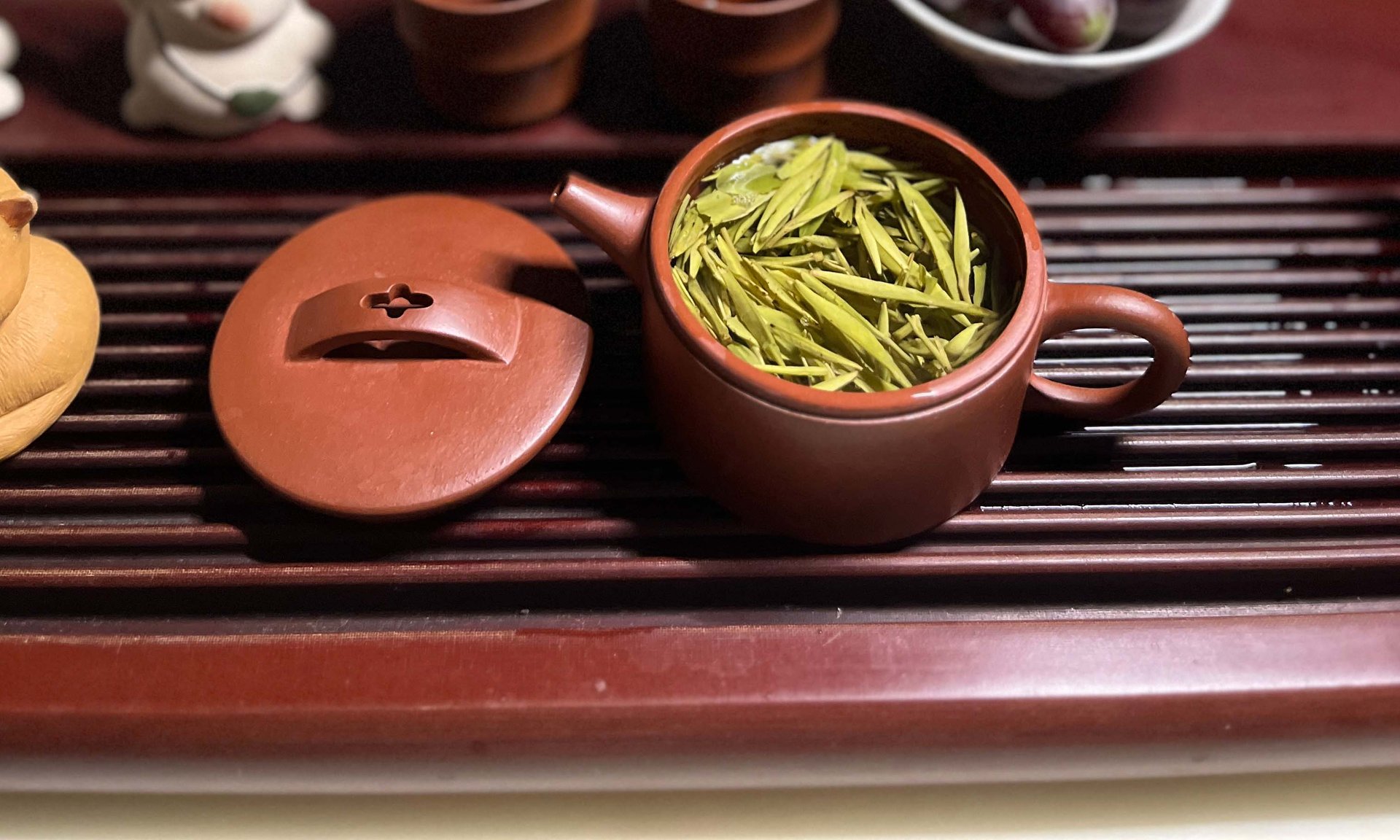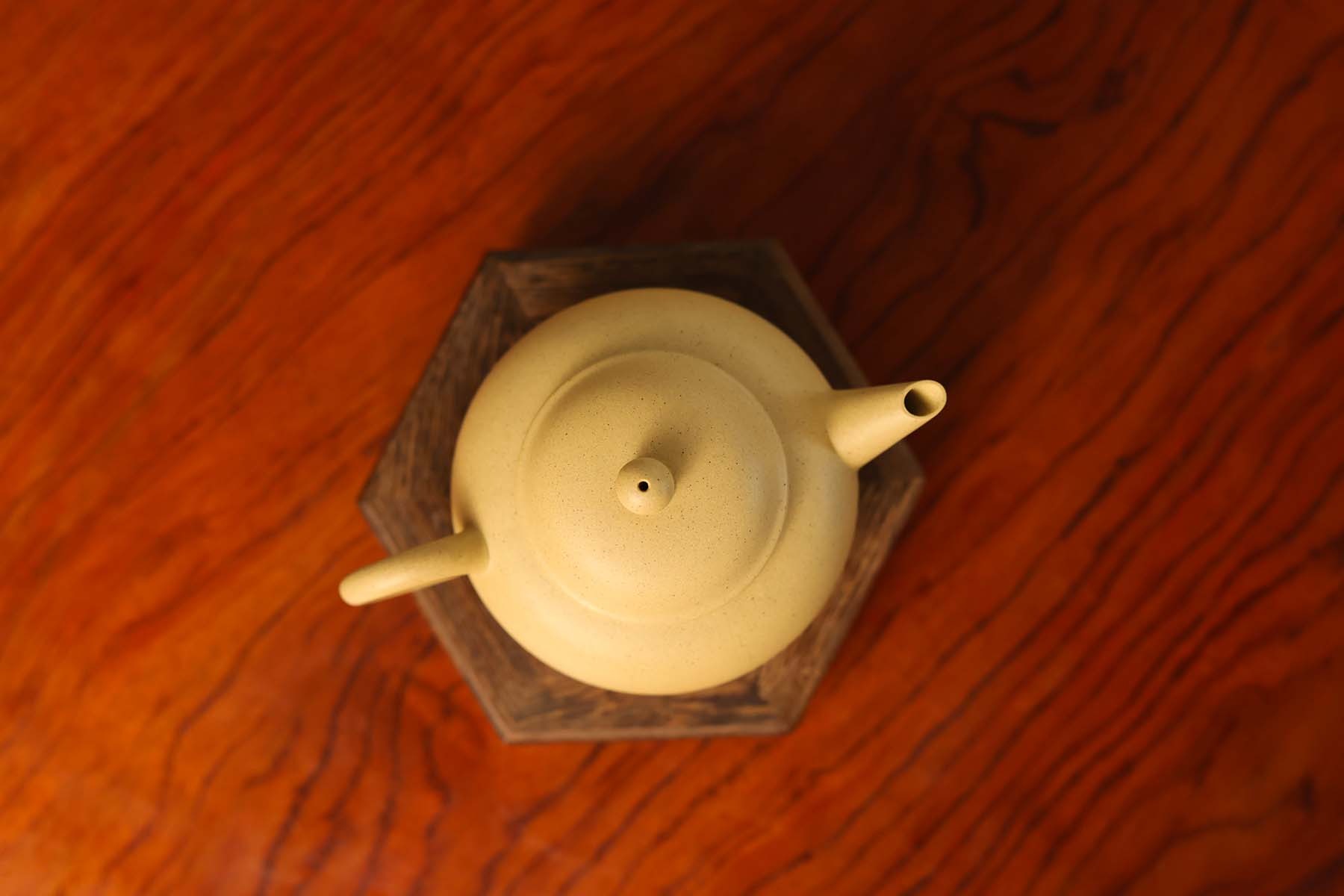What Is the Philosophical Essence of Chinese Tea Culture
Chinese tea culture blends Confucian, Taoist, and Buddhist philosophies, emphasizing harmony, simplicity, and inner peace. It promotes balance, respect, and spiritual growth, offering a deeper connection with nature and self.
CHINESE TEA CULTURE
Alright, let’s get into it. Have you ever wondered why Chinese tea culture feels so deep? Why does it seem like there's more to a cup of tea than just, well, drinking tea? Maybe you’ve even caught yourself thinking: “Is there some sort of hidden philosophy in all this?” You’re not alone. Chinese tea culture isn’t just about the tea itself; it’s about the essence that’s been built around it for centuries. It's rooted in philosophy, in balance, and, honestly, in living right.
Let’s cut through the fluff and get straight to it.
The Philosophical Roots of Chinese Tea Culture
Confucianism’s Influence: Harmony Through Tea
Let’s talk Confucianism. Now, I know, most people hear that word and zone out. But stick with me. Confucius didn’t just want people to get along. He believed in balance—a balance between the self, society, and nature. And guess what? That’s exactly what you see in Chinese tea culture.
When you prepare tea the Confucian way, it’s all about proportions and intent. Every step—the water temperature, the steeping time, the types of leaves—is considered. It’s a delicate dance, just like life itself. Tea becomes a tool for personal growth, promoting virtues like humility, reliability, and calmness.
By engaging in tea rituals, you’re not just drinking something; you’re practicing consistency. This consistency is not just for tea but for life. It’s about living harmoniously with your surroundings, with others, and within yourself.


Taoism and Tea: The Connection to Nature
Now, let’s shift gears. Taoism brings another layer of depth. Unlike Confucianism, which is all about structured balance, Taoism is rooted in simplicity and spontaneity. It’s about living in harmony with the natural world, and let’s be honest: what’s more natural than tea?
Taoist tea culture emphasizes aligning with the rhythms of nature. Ever had tea on a peaceful mountain or by a quiet stream? That’s not just for the vibes. Taoists believe that tea can help you connect with the universe, helping you find clarity and peace by being one with nature.
When you sip tea in this context, it’s like hitting a reset button. You're reconnecting with the simple, timeless flow of life.
Buddhism’s Tea: Finding Peace in Simplicity
Next up: Buddhism. If you’ve ever done a bit of meditation, you’ll see the connection immediately. Buddhism teaches mindfulness and inner peace, and tea is a perfect medium for that. The ritual of brewing and drinking tea mirrors the Zen practice of meditation: it helps clear the mind, quiets distractions, and invites clarity.
But there’s more. Buddhism’s influence on Chinese tea culture goes even deeper—just look at the famous Yixing clay teapots. These pots aren’t just functional; they’re spiritual tools, believed to enhance the tea’s flavor and your experience. The simplicity of the teapot, just like the simplicity in tea, reflects the Buddhist pursuit of inner tranquility.


Wrapping It Up
So here’s the thing. Chinese tea culture is not just about drinking tea. It’s a profound reflection of spiritual traditions that have shaped Chinese life for centuries. Confucianism, Taoism, and Buddhism all play their part, weaving together a philosophy that promotes balance, simplicity, and inner peace.
Through tea, we’re invited to cultivate virtues, connect with nature, and find that elusive thing we all want: peace of mind.
In a world that’s always rushing, tea reminds us to slow down, think, and appreciate the quiet moments. Whether you’re deep in thought or just enjoying a break, remember: tea is more than a drink. It’s a philosophy in a cup.
So next time you’re sipping your tea, think about this: it’s more than just liquid in a cup—it’s a gateway to balance, harmony, and personal growth.
FAQs
Q: What makes Chinese tea culture unique?
A: It’s not just about tea—it’s about balance and harmony, rooted in Confucianism, Taoism, and Buddhism.
Q: How does Confucianism influence tea culture?
A: Confucianism focuses on balance and harmony, which you see in the careful preparation and drinking of tea.
Q: Does Taoism impact Chinese tea culture?
A: Yes, Taoism emphasizes simplicity and connecting with nature, which is reflected in tea rituals.
Q: How is Buddhism related to tea culture?
A: Tea is used to calm the mind, similar to meditation, helping achieve inner peace.
Q: Why is Chinese tea culture important?
A: It’s a practice of personal growth, balance, and connecting with nature.
